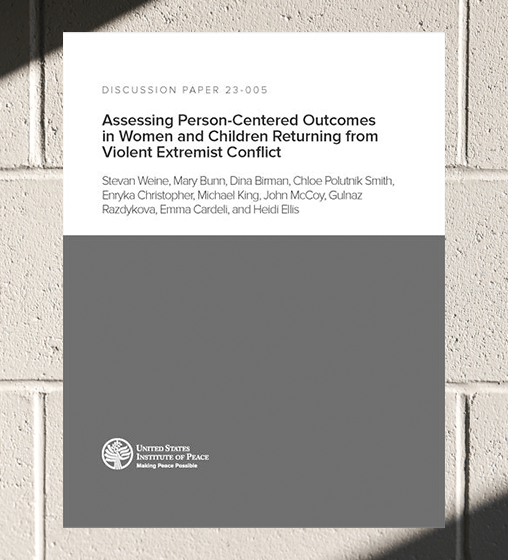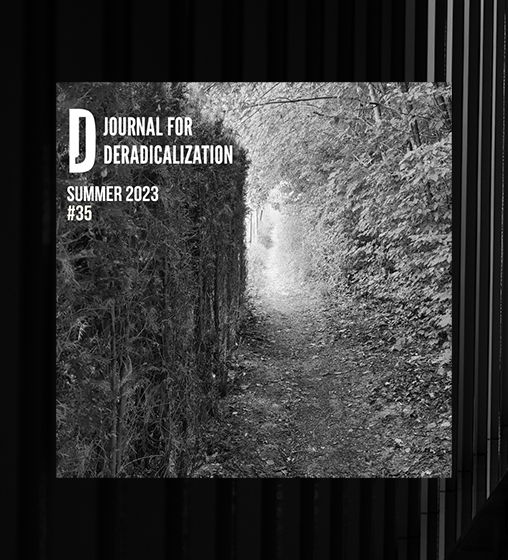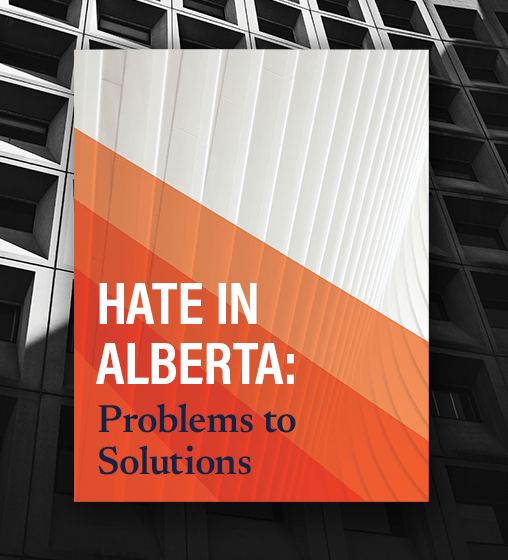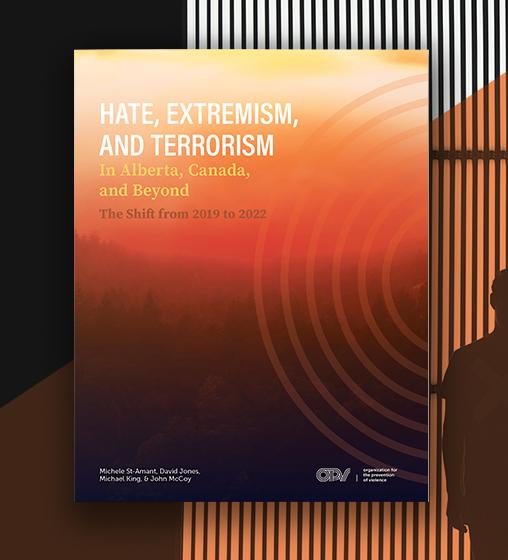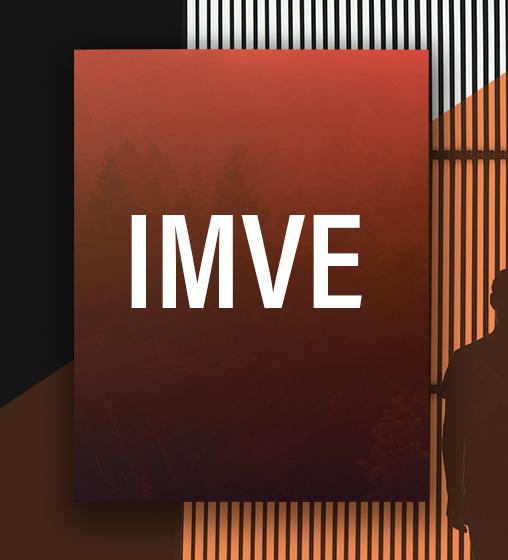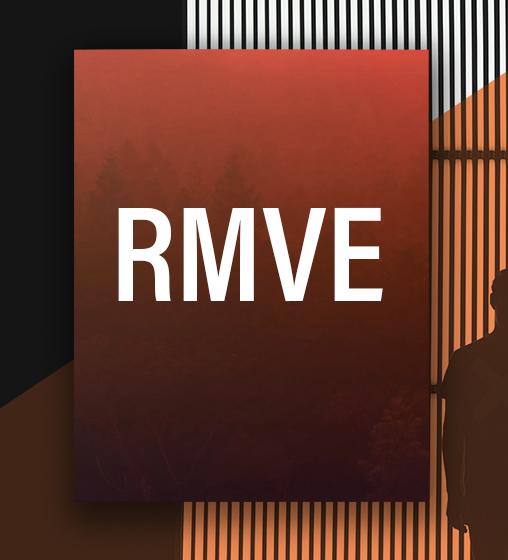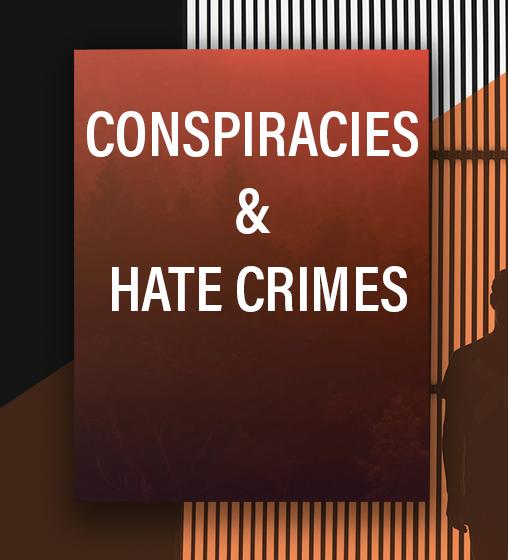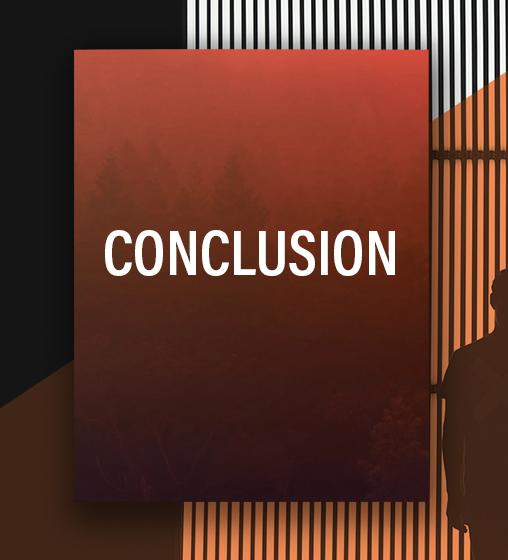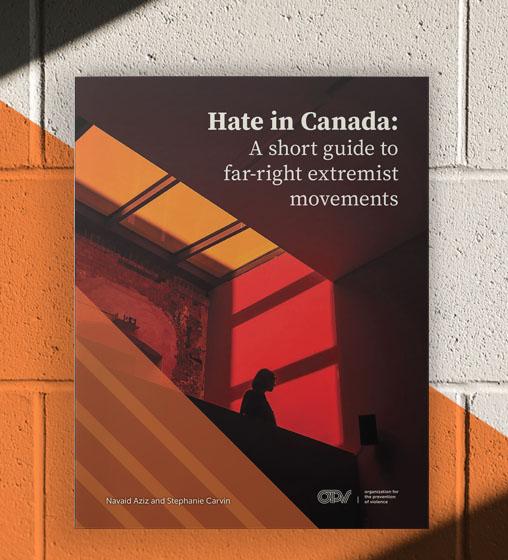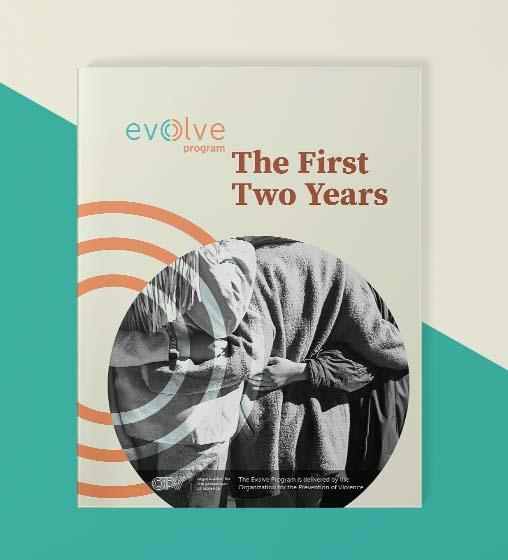Assessing Person-Centered Outcomes in Women and Children Returning from Violent Extremist Conflict
This discussion paper published by the United States Institutes for Peace presents a person-centered approach to outcomes for rehabilitation and reintegration (R&R) programs targeting returning women and children. Identifying and assessing outcomes are the intended accomplishments of these programs, and are key for understanding change processes and developing strong programs. Little guidance currently exists regarding…

